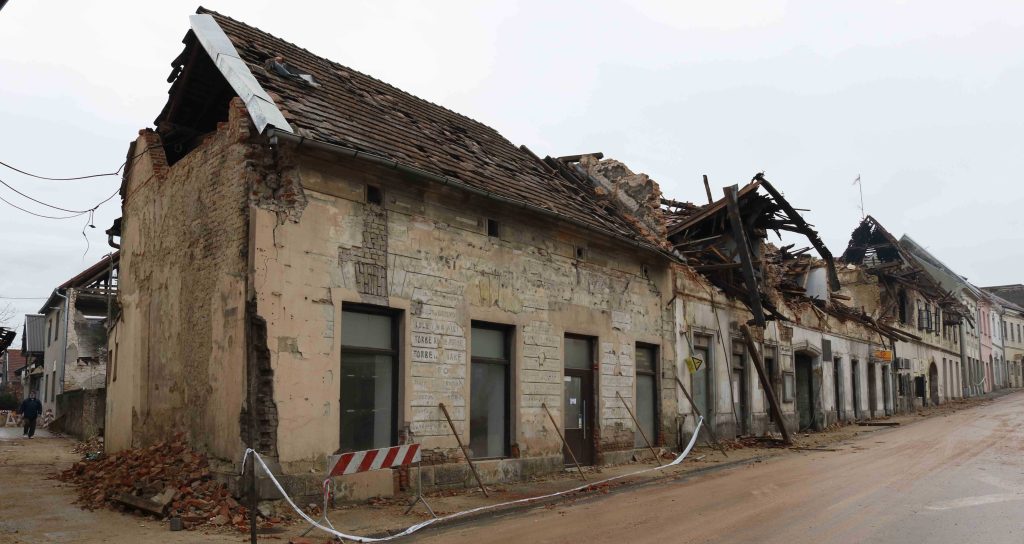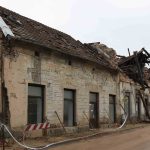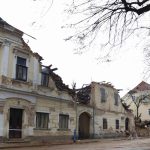“We will primarily seek funding available under EU programmes. We are speaking about €111 million to be used for housing reconstruction, that is, construction or renovation of the housing stock… to provide for the elderly, the feeble, the disabled, marginalised groups, members of ethnic minorities, etc,” the minister told reporters before a government session.
She explained that the Operational Programme Competitiveness and Cohesion was being amended and that measures were being awaited that would define reconstruction models.
“The funds are already available, we are now waiting for the programme to be finalised,” Tramišak said, adding that an informal dialogue with the European Commission had already started.
The EC is willing to change operational programmes and implementation could start this year, she said.
Asked when the first houses could be rebuilt, she said that their construction could start in the second half of the year, possibly in spring or summer.
“It all depends on how quickly we will design the model house and interview people interested in that type of housing construction. We are talking about the construction of new sections of settlements and about state-owned flats and houses, similar to how the Central State Office for Housing has done so far, giving every year a certain number of state-owned houses and flats for use to families in need,” she explained.
Asked how much of an obstacle unclear property-rights relations could be, she said that she was talking about the construction of entire sections of settlements or the renovation of existing state-owned housing units, where there were no unclear property-rights relations.
As for the EU Solidarity Fund, she said that a full appraisal of the damage caused by the 29 December 2020 earthquake was being awaited, after which it would be sent to the Fund.
She explained that money from the Solidarity Fund, unlike the funding the state already has for family houses, was intended for the reconstruction of public infrastructure and buildings.
The Solidarity Fund is notified about the amount of total direct damage caused to public buildings, business facilities and family houses, and that amount must exceed HRK 2.3 billion, which is already turning out to be the case, the minister said, adding that the EC then approved aid in the amount of six percent at the most.
Aid in the amount of between 2 to 3% of the estimated damage will be used for public infrastructure, she said.
Significant budget funds will be required as well, and significant funding can also be sought under the new programming period 2021-2027 that is being worked on, Tramišak said.










